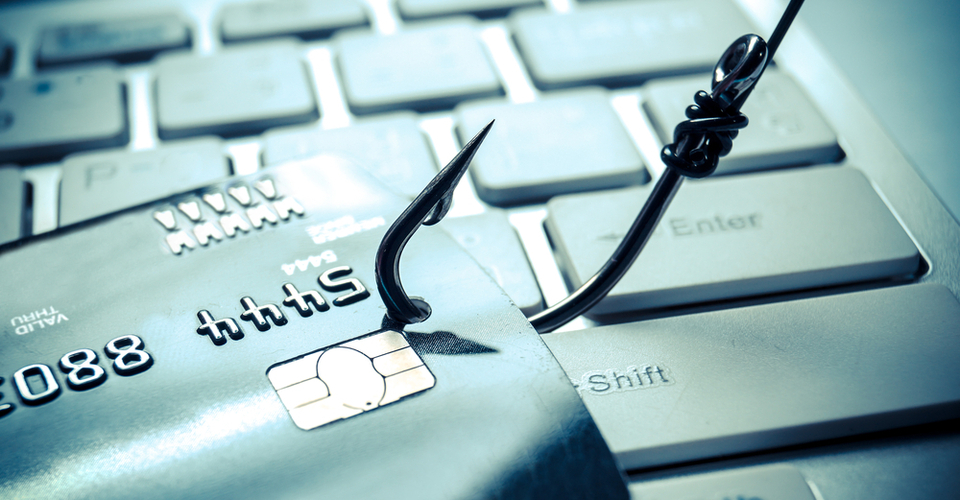It’s so easy to do: you see a link or an attachment in an email from a company or vendor you use all the time, and you click it without hesitation. Except that’s not who the email was really from, and you’ve just been “phished.”
Phishing scams get more sophisticated every day, and the phony emails that all of us, as potential targets, receive are very realistic. What can a small business owner do to protect valuable data, passwords, and access from these pernicious hackers?
In their article on tips for small business owners, the Associated Press includes suggestions such as:
-
Be wary of any link or attachment. Unless it’s absolutely clear from the context of an email that the link or attachment is OK…assume that clicking could get you in trouble. Be particularly suspicious of emails about package shipments, invoices or that ask for personal information, logins and passwords.
-
Check the email address. Even if the email comes from someone you know, double-check the address it’s from. Cybercriminals can take an email and make subtle changes — for example, replacing a “m” with an “r” and an “n” that you might not notice unless you look closely at it.
-
Confirm with the sender that they sent you a legitimate email. If you get an unexpected email with a document or a link, check with the sender. But don’t click on “reply” or copy the email address — call or send a separate email, using an address you know is correct.
Read the complete article here.
Phishing emails aren’t the only scams out there, either. For an in-depth look at the common scams that target small businesses, such as fake invoices, directory listings and advertising scams, and tech support scams, the Federal Trade Commission offers a downloadable guide for small business owners. You can access it from their website here.







.png?width=600&name=HSI-CTA-EmergencyCareTraining%20(1).png)











Comments